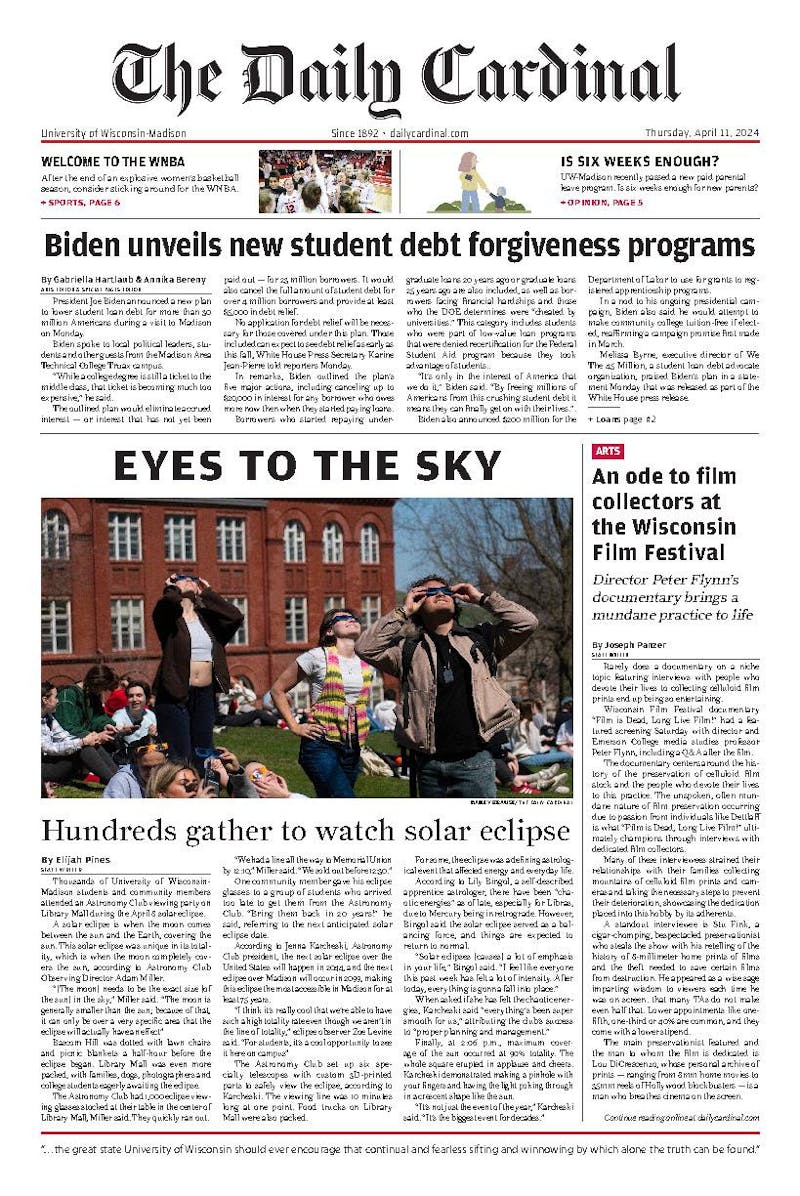I could use some guidance. I just graduated from college with a bachelor’s degree in microbiology. I’m now working as a lab technician with the county, and was planning to continue my career in that direction.
The thing is, my academic advisor also suggested that I explore graduate school at some point. He claimed that, for the most competitive healthcare positions, like ones at the CDC, I would probably need at least a master’s degree.
I’m not opposed to grad school, but I’m unsure what degree is right for me. That’s why I need some help. What are some of the most popular advanced degrees for healthcare professionals?
Congratulations on your recent graduation. Earning your bachelor’s degree is one of the most important first steps in your professional career path. Now that you have a college degree, the next step is utilizing its foundational education to advance your various personal, professional, and scholastic goals. That is often easier said than done. However, electing to continue working in the field is a sound decision. By doing so, you’ll guarantee more exposure to relevant career experience.
Your academic advisor was right about obtaining a graduate degree if you want to be competitive at the highest possible positions. With that being said, there are still a few different graduate degrees that might apply to your chosen path. Megan Malugani, a contributing writer at Monster, highlighted five of the most popular healthcare-related master’s degrees. According to her, the Master’s of Health Administration (MHA) is the most common advanced degree among healthcare executives. The MHA is tailored to those professionals planning to supervise and manage a healthcare facility.
It’s quite possible, however, that you have no interest in orchestrating the programs, people, and processes that contribute to the healthcare facility and its outcomes. Perhaps laboratory research and data analysis are much more appealing to you. If that were the case, you should consider the Master’s of Public Health (MPH), which sacrifices the administrative curricula in favor of coursework in epidemiology, environmental health, and global interventions. Staff writers at the American Society for Microbiology (ASM) maintain an open resource that outlines the career path for someone focused on public health. You should consult that with care to figure out if the MPH is a better fit than the MHA.
Another suggestion is to review what the editors at Learn How To Become have written about public health degrees. They’ve explained numerous degree subspecialties relevant to public health professionals, in addition to some of the career outcomes you might see. According to them, your career advancement often has a direct tie to the graduate program you select. That means you should be judicious about what program elements are most important.
The last thing to do is consider how you plan to approach and achieve a graduate education. Lily Zhang at The Muse wrote a salient article urging everyone to ask five important questions before quitting your job and going to grad school. It’s imperative that you reflect on her suggested pointers. However, also understand that it isn’t always necessary to quit your day job in order to attend graduate school. That might have been the case about a decade ago, but technology enablement combined with new pedagogies have produced flexible graduate programs for the modern professional. For instance, earning an MHA degree in Boston has never been easier, thanks to Boston College. Other colleges and universities are following suit.
The point is, you have countless options to negotiate. That means everything from the degree type and its sub-specializations to the classroom experience, and whether you plan to work while you attend. Leave nothing to chance.
“Anyone who stops learning is old, whether at twenty or eighty. Anyone who keeps learning stays young.” - Henry Ford





